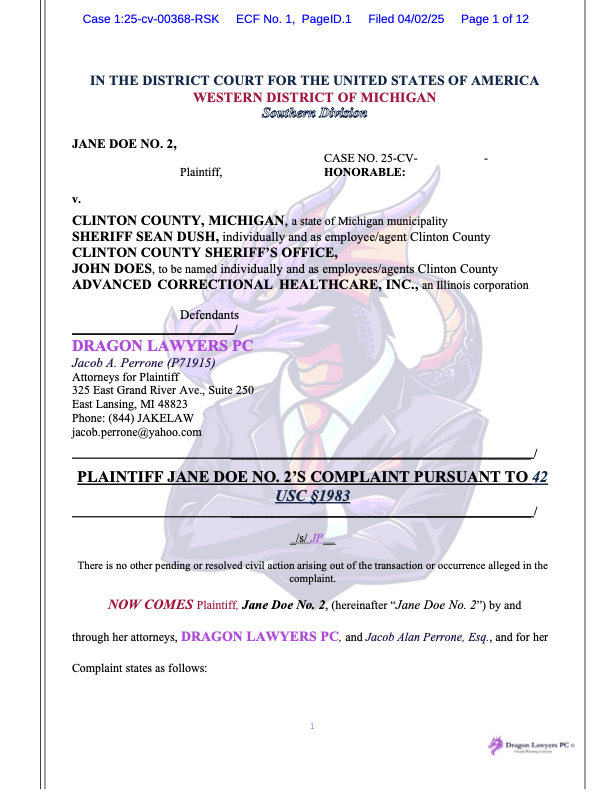Pepperdine University's Caruso School of Law Dinner (Sept. 27) will feature 47th SG Noel Francisco and 48th SG Elizabeth Prelogar. Register here.
At The Lectern has Legendary Selma Moidel Smith dies at 106; the DJ has Selma Moidel Smith, 1919-2025--Selma Moidel Smith was admitted to the California Bar in January 1943 at 23 and remained active in legal and scholarly circles for more than 82 years.
Selma Moidel Smith, a trailblazing California attorney, legal historian, and composer whose work uplifted generations of women in the law, died on Friday after a brief illness. She was 106.Law360 has Fed. Circ. Panel Calls For Extending Newman's Suspension (The Fed. Cir. R&R is here)
And for those with an interest in how it's done elsewhere: Meet the Six Justices Designated by Hochul to Serve in Downstate New York Appellate Divisions
Under New York’s constitution, the governor designates justices of the Appellate Divisions. While the constitution allows for six associate justices in each division, that number has been expanded to include “additional” justices over the years to handle the increased workload.Reuters has Judiciary asks Trump to skip 10th Circuit nomination, allowing court to shrink
Associate justices must be appointed and reappointed by the governor every five years. Under the constitution, an “additional justice” may be released from their role at the Appellate Division in the event they are no longer needed to manage the workload and they therefore have no term limit.
- Jensen, Erik M., A Comment on Justice Thomas's Commas (Jan. 1, 2025). Case Legal Studies Research Paper No. 2025-10, Available at SSRN: https://ssrn.com/abstract=5266376 or http://dx.doi.org/10.2139/ssrn.5266376
- Christensen, Grant and Mullins, Anne, The Lone Dissent (Feb. 10, 2025). ___ Wash. & Lee L. Rev. ___ (2026), Available at SSRN: https://ssrn.com/abstract=5213323 or http://dx.doi.org/10.2139/ssrn.5213323






















